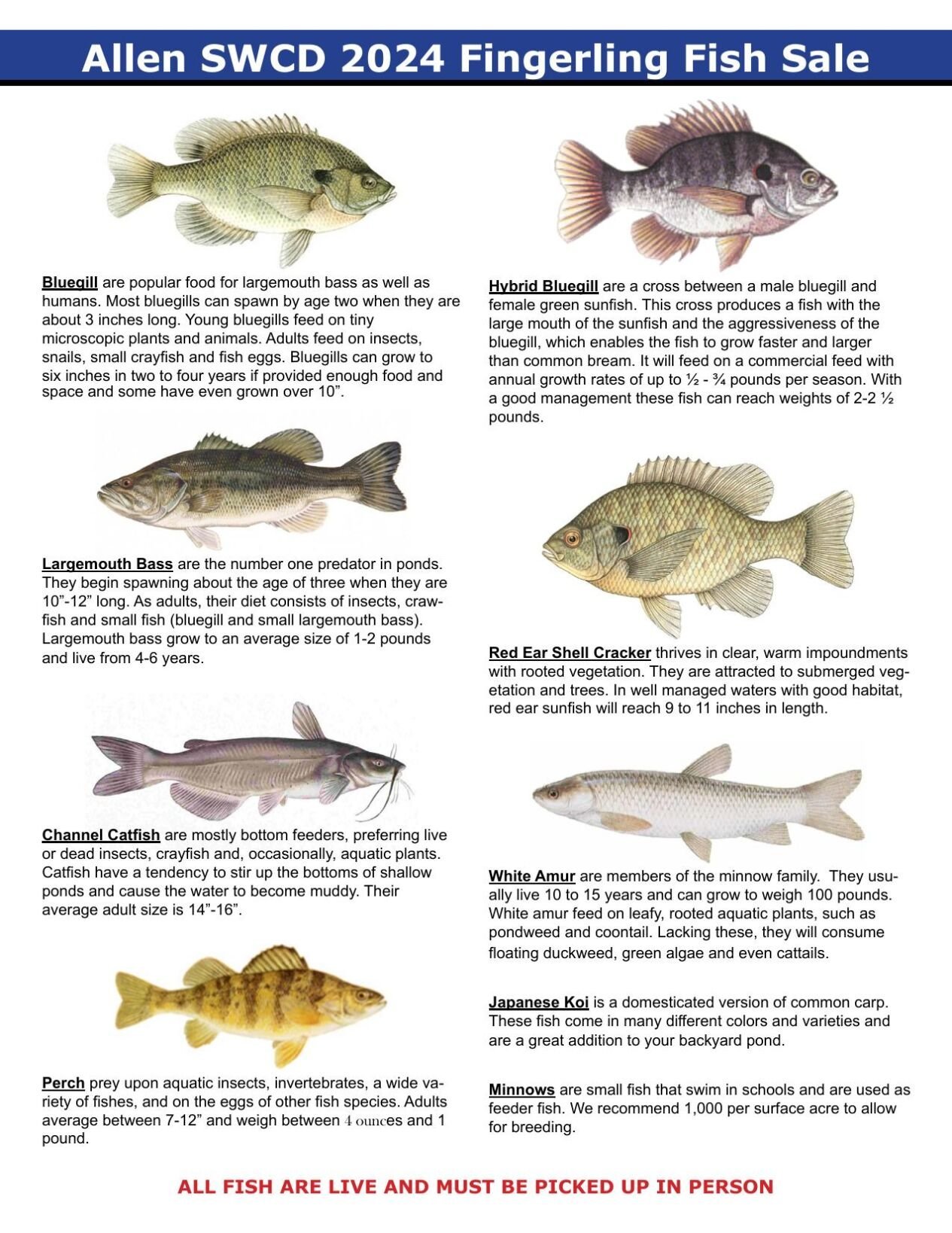Effective Ways to Choose Discus Tank Mates for Harmony
Creating a peaceful and harmonious aquarium environment is essential for the health and well-being of your discus fish. Choosing appropriate tank mates is crucial, as not all fish are compatible with discus due to their unique needs and temperament. In this article, we will explore the effective ways to select suitable companions for your discus and ensure a thriving community tank. Understanding the dynamics of discus fish and their compatible species will help foster a successful aquatic habitat.
Discus fish are known for their striking colors and gentle nature, making them popular in freshwater aquariums. However, they can also be sensitive to water quality and species dynamics. With this in mind, selecting the best tank mates for discus requires careful consideration of various factors such as temperament, size, and compatibility. This article will provide insight into understanding the ideal tank setup, balancing the needs of discus and their tank mates, and maintaining optimal water conditions. By creating a harmonious community tank, you can enjoy the beautiful interaction of different species while ensuring the well-being of your discus fish.
Key takeaways will include practical tips on identifying suitable fish for discus tanks, a breakdown of the best fish companions, and recommendations for maintaining water quality that supports both discus and their cohabitants. Let's dive into the specifics of selecting fish that will thrive alongside your discus.
Understanding the Discus Fish Temperament
When it comes to choosing discus tank mates, understanding the temperament of discus fish is imperative. Discus are social fish that thrive in a community setting but can also exhibit territorial behavior, especially during breeding. They're typically peaceful, but their temperament may vary based on individual personalities and the overall tank environment.
Behavioral Traits of Discus Fish
Discus fish are known for their dynamic schooling behaviors and the need for social interaction. When raised in groups, they often exhibit calming traits, which can further enhance their social well-being. Understanding these behavioral patterns is essential for identifying compatible fish.
For instance, discus tend to prefer fish that share similar swimming patterns and are not overly aggressive. They also benefit from having tank mates that respect their space and don't disrupt their feeding habits.
Choosing Peaceful Fish as Companions
In selecting suitable fish for a discus tank, it is essential to prioritize peaceful species that can coexist harmoniously. Fish such as tetras, corydoras, and certain types of rasboras are often recommended due to their non-aggressive nature. These species not only complement the discus's temperament but also enhance the aesthetic appeal of the aquarium.
Fish species like the neon tetra provide visual appeal and swarm behavior that can mimic the schooling nature of discus. This compatibility can lead to a more dynamic and engaging aquarium environment.
Avoiding Aggressive Fish Species
It's crucial to avoid tank mates that display aggressive behaviors, as they can stress discus fish and lead to health issues. Species to avoid include barbs and certain cichlids, which may nip at fins or dominate the tank space. Understanding fish behavior and dynamics in communal settings is vital for maintaining a healthy discus aquarium.
Building on these fundamentals of behavioral compatibility, we can now explore practical ways to select specific tank mates that align with the requirements of discus fish.
Identifying the Best Tank Mates for Discus
Finding the right companions for your discus involves assessing various species that share similar environmental needs. The ideal tank mates should not only be compatible with discus fish but also enhance the overall dynamics of the aquarium.
Top Compatible Species for Discus Fish
Some of the best tank mates for discus include peaceful freshwater species that can easily adapt to similar conditions. Here are some top contenders:
- Neon Tetras: Their small size and tranquil temperament make them ideal companions.
- Corydoras Catfish: These bottom-dwellers help clean the tank and pose no threat to the discus.
- Rasboras: Similar in demeanor to tetras, they also thrive in schools, providing a lively community section.
- Angelfish: While they can be mildly territorial, they generally coexist well with adult discus.
Examining the Compatibility of Other Species
In addition to popular schooling fish, it is essential to evaluate the suitability of other species based on size, habits, and dietary needs. Keep in mind that larger fish should be avoided, as they may bully the discus or compete aggressively for food. Shrimp and snail species can also make for great tank mates, as they are generally non-threatening and help maintain tank cleanliness.
Maintaining water quality is another factor when considering tank mates. Both discus and their companions require similar parameters, such as pH levels, temperature, and water hardness. Understanding these requirements is crucial to establishing a harmonious tank environment.
Creating a Balanced Tank Environment
In addition to fish compatibility, it is vital to enhance the tank environment itself. Providing ample hiding spots and suitable decorations contributes to the overall health of the tank. Live plants can serve as natural filters and provide comfort for all inhabitants, creating a well-rounded ecosystem.
Now that we’ve identified the best tank mates for discus, let's take a closer look at the necessary water conditions and how to maintain a healthy communal tank environment.
Maintaining Optimal Water Quality for Discus
Water quality is foundational to the health of discus fish and their tank mates. Proper parameters must be established to ensure all species thrive together and minimize stress levels. This section will delve into effective ways to maintain a suitable aquatic environment for both discus and their companions.
Understanding Water Parameters
Discus fish require specific water conditions to flourish, including temperature, pH, and hardness levels. The ideal temperature for discus ranges between 82-86°F (27-30°C), while the pH should be kept between 6.0 and 7.5. Regular monitoring of these parameters is essential for ensuring a stable environment.
Effective Filtration for Discus Tanks
Proper filtration is crucial to maintaining water quality. A high-quality filtration system reduces toxins and keeps the water clean. Investing in a good filter can help manage nitrates and ammonia levels, creating a more healthy habitat for your fish. Discus are particularly sensitive to changes in water quality, making filtration a top priority.
Regular Maintenance and Water Changes
Regular water changes play an essential role in maintaining tank health. It is advisable to perform partial water changes of about 25% weekly to maintain optimal conditions. Consistent maintenance not only enhances water quality but also prevents potential diseases from harmful bacteria or algae growth.
With water quality and tank maintenance measures established, it’s essential to address the dietary needs and feeding habits of your discus, thereby ensuring they remain healthy and resilient within their community tank.
Discus Fish Feeding Habits and Dietary Needs
Feeding your discus fish properly is crucial for their health, growth, and overall well-being. Providing a balanced and nutritious diet will also help reduce aggression and ensure all tank mates receive ample nutrition.
Healthy Diet for Discus Fish
Discus thrive on a varied diet that includes high-quality pellets, frozen and live foods. Foods high in protein, like brine shrimp and bloodworms, provide essential nutrients for growth. It is vital to avoid overfeeding, which can lead to water quality issues and health concerns.
Feeding Strategies for Tank Companions
When introducing new tank mates, it's crucial to establish feeding strategies that ensure every fish gets access to food without competing aggressively. Consider using sinking pellets to target bottom feeders like corydoras, while floating options provide for mid-to-top swimmers like tetras.
Avoiding Common Feeding Mistakes
One common mistake in a discus tank is neglecting the feeding preferences of different species. Monitoring how each species reacts to food is key to a harmonious feeding environment. Observing their interactions during feeding time can provide invaluable insight into their compatibility.
In summary, understanding discus fish feeding habits is an integral part of creating community dynamics within the tank, ultimately leading to healthier interactions among different species. Following this guide will ensure that you choose appropriate tank mates, maintain optimal conditions, and provide a healthy diet for all your fish.
Q&A Section: Common Questions About Discus Tank Mates
1. Can I keep discus fish with guppies?
Guppies may not be ideal tank mates for discus due to their small size and potential for stress when kept with larger fish. It’s best to opt for medium-sized, peaceful species.
2. What plants are best for a discus tank?
Live plants such as Amazon swords, Java ferns, and Anubias are excellent for discus tanks as they help improve water quality and provide hiding spots.
3. How often should I check water quality?
Regular checks are vital. Aim to monitor crucial parameters weekly, especially after adding new fish or changes in the environment.
4. Are there specific diseases discus fish are prone to?
Yes, discus fish can be prone to diseases such as ich and velvet disease. Maintaining clean water and reducing stress can help prevent these issues.
5. How do I introduce new fish to the discus tank?
When adding new fish, acclimate them slowly to the discus tank's conditions. Introduce them carefully to avoid stressing the existing residents.


